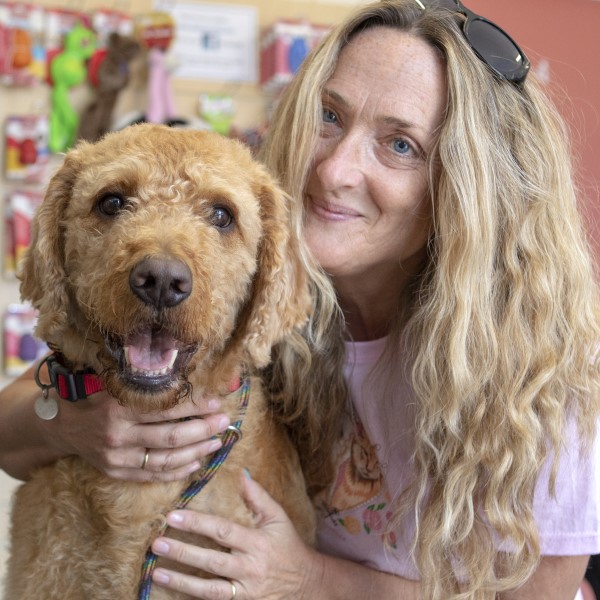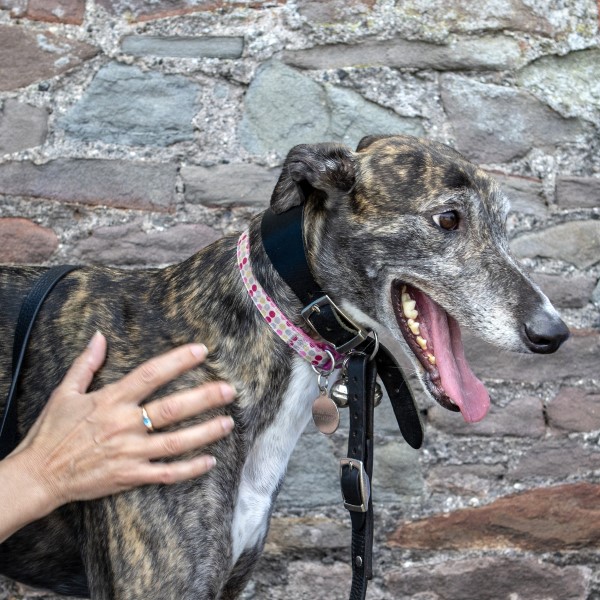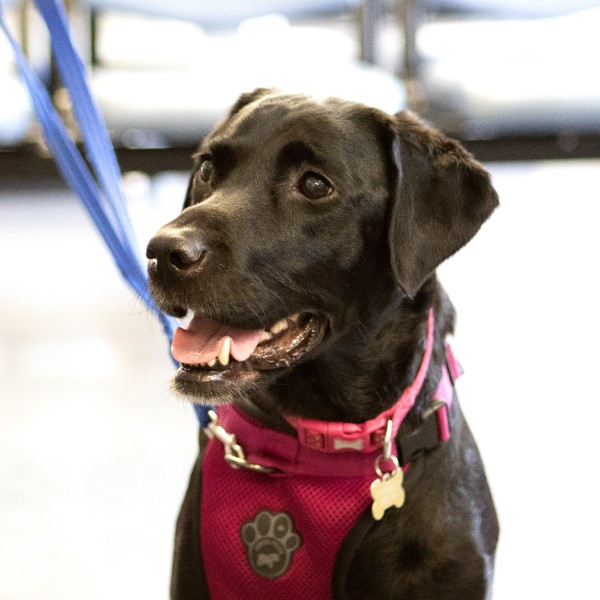DENTISTRY
Affecting 85% of cats and dogs over the age of two, dental disease is extremely common. For some, it may seem normal to expect a degree of tartar development on teeth, however since this can lead to gingivitis, pain and tooth loss, it is up to us as veterinary professionals and owners to be vigilant and take steps to prevent it from developing.


At vaccinations appointments our vets assess a pet’s dental health as part of their routine examination; they will discuss measures of keeping your pet’s mouth in good health. When tartar build up threatens to become a problem for your pet, our vets might recommend a scale and polish under anaesthesia. This ‘resets’ the mouth back to a good, clean state from which home-care such as brushing and dental diets will become effective again.
Dental procedures are very common in veterinary practice and our vets are skilled in cleaning and removing teeth as necessary. We have power dentistry tools just as you’d expect to see in human dentistry which allow us to work accurately and efficiently to keep anaesthesia time to a minimum. Veterinary anaesthesia has leaped forward in recent years and, assisted by some excellent technology, our trained and skilled nurses monitor patients very closely.

